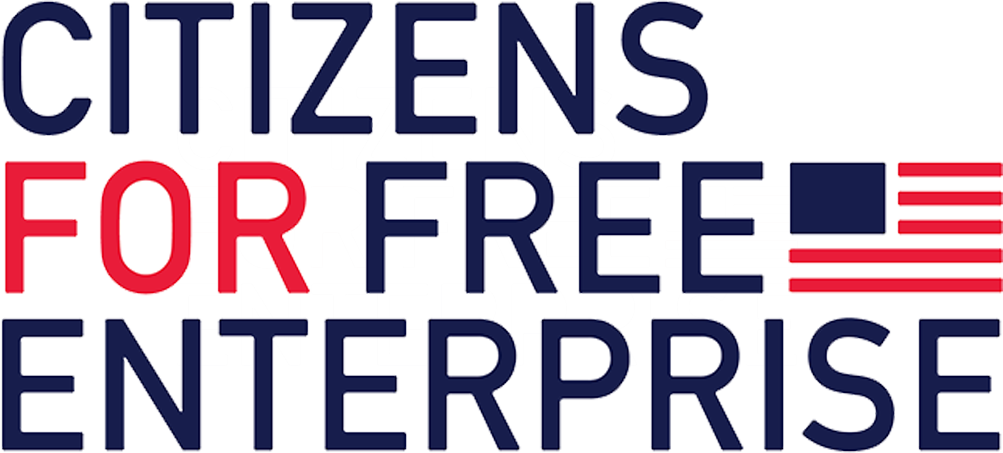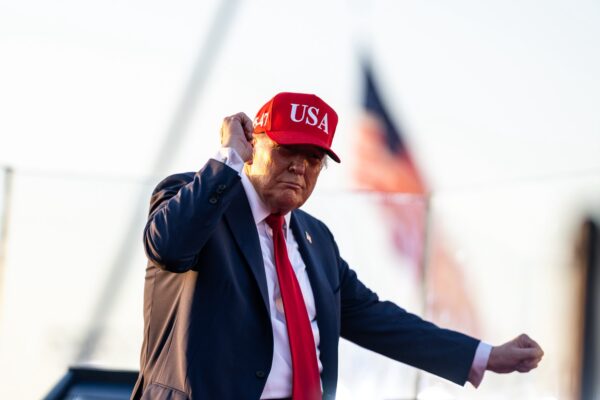A little over one month since President Trump signed the One Big Beautiful Bill Act (OBBB) into law, the legislation continues to generate headlines, with leftist activists flooding town halls during the August Congressional recess and a new letter from the Congressional Budget Office providing additional fiscal impact estimates. Despite the continued anger from paid protesters, the law was a major achievement and will pay dividends for individuals and independent businesses for years to come.
Major Tax Relief
The Tax Cuts and Jobs Act, the major tax reform passed during President Trump’s first term, led to expanded corporate investment and boosted economic growth through a mix of tax changes — most importantly, big cuts to corporate and individual income tax rates. While the corporate changes were made permanent at the time, the budget process necessitated that the individual rate cuts be temporary, expiring in 2025. As a result, individuals and the vast majority of independent businesses were facing a huge tax increase if the provisions were not renewed. Fortunately, the OBBB extended the TCJA’s rate cuts, preventing the harmful tax increase and keeping $2.2 trillion in the pockets of everyday Americans and independent businesses.
Almost equally important for independent businesses, the OBBB permanently extends the 20 percent tax deduction for pass-through income for small businesses. This key driver of economic growth will mean 1.2 million additional jobs on average annually and $75 billion in additional GDP each year over the next ten years. Both impacts are expected to grow well beyond that in future decades.
Other positive changes will simplify tax and reporting requirements for independent businesses and expand the immediate expensing rules for equipment and machinery.
Reining in Government Giveaways
Medicaid spending totaled almost $900 billion in FY 2023, with the federal government paying $614 billion of that and the states covering the remainder. Expenditures have increased significantly in recent years, and the federal government (taxpayers, actually) pays a growing share of the bills. Because this program, like other government entitlement programs, has ballooned in cost, OBBB implemented major reforms to rein in spending and save taxpayers from abuse of the system.
The reforms to Medicaid include establishing work requirements for recipients, requiring states to conduct regular eligibility checks, reducing duplicate enrollment with CHIP, and taking steps to limit fraud and overpayment in the system. The work requirements alone are expected to save $326 billion over the next decade, but all told, the Medicaid reforms will save $911 billion of taxpayers’ money.
Work Left to Do
While the tax and Medicaid provisions are crucial victories for taxpayers and independent businesses, the overall fiscal impact of the bill means there’s a lot of work left to do to reduce deficit spending and get our debt under control. With government it’s almost always a spending problem, not a revenue problem. While cuts will be necessary and would have been ideal, if policymakers had taken some steps to reduce the growth in spending over the past two decades, revenue growth would have left the U.S. in a much stronger fiscal scenario. As a result, OBBB contributes to the debt problem by not making significant cuts to slush funds, welfare via the tax code, and other sacred cows in the federal budget.
Among the most wasteful of the bill’s provisions were tens of billions of dollars of increased agricultural subsidies, keeping wasteful energy subsidies from Joe Biden’s inaptly named Inflation Reduction Act rather than repealing them immediately, and increasing the cap on the State and Local Tax (SALT) deduction.

